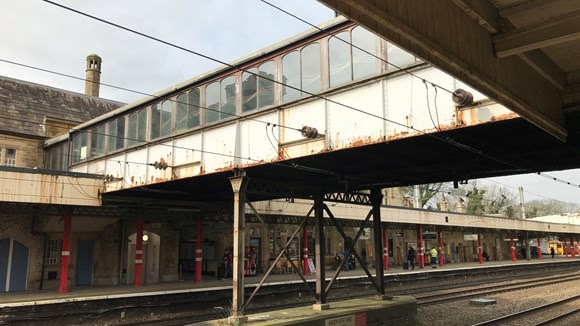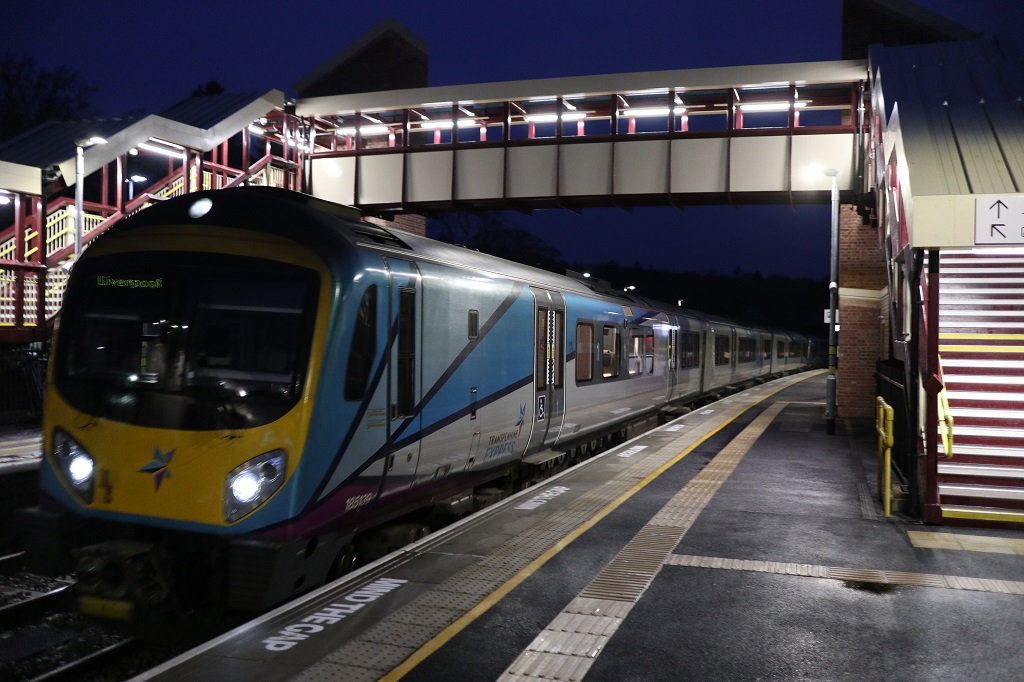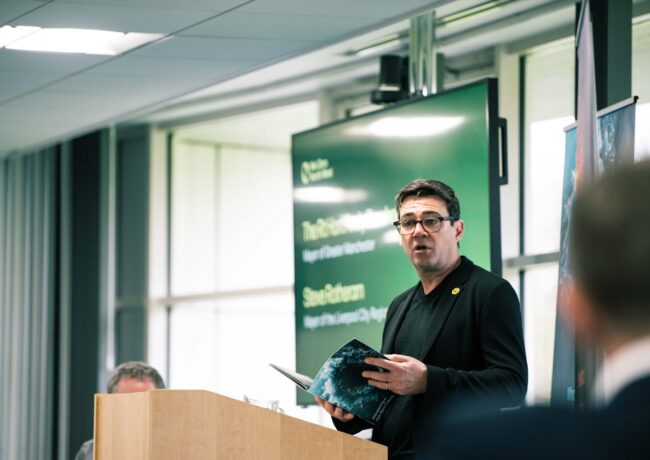Rail reforms ‘need full Northern devolution’
Proposals to hand control of Britain’s railways to a new public sector body are a welcome step forward but will not work without proper decentralisation from Whitehall, regional leaders said.
Under the most significant rail reforms since privatisation of the railways in 1993, responsibility for trains and tracks will become the responsibility of a state-owned entity called Great British Railways (GBR), the Department for Transport announced last night.
GBR would set timetables and prices, sell train tickets across England and manage rail infrastructure, in an attempt to overhaul the rail system and provide more punctual services and cheaper tickets for passengers.
The new entity would be accountable to a degree for delays and disruption and flexible tickets sold by GBR will be available from next month for people who commute two or three times a week.
However, most private operators will keep hold of their contracts to run train services and most of the reforms will not take effect until 2023 at the earliest, the department said.
The proposals are contained in a white paper entitled the Williams-Shapps Plan for Rail, led by former British Airways chief Kevin Williams and published by the Government last night.
Under the plans, GBR would be headed up by current Network Rail bosses Sir Peter Hendy and Andrew Haines, chair and chief executive respectively, and Network Rail would be subsumed by the new entity.
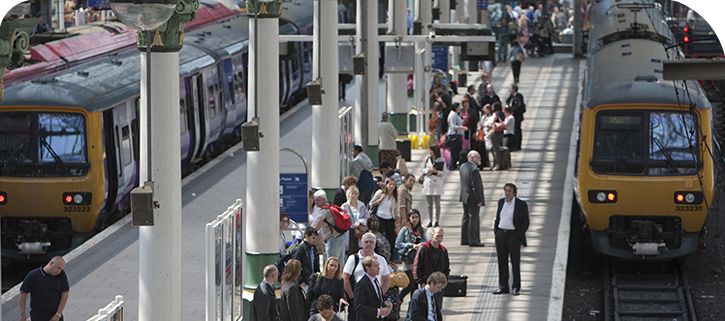
Rail networks are subject to rising ticket costs and service delays
The current system is “fragmented” and “too complicated”, said transport secretary Grant Shapps in a statement. Local leaders in the North West agreed, but also warned that such a centralised state-run rail system would fail to tackle specific transport and rail issues faced by businesses and travellers in the region.
“While the principle of local control set out is the right one, without fully involving our metro mayors and civic leaders, there is a risk of Northern services failing to meet what we need to drive our economic growth,” said Henri Murison, director of the Northern Powerhouse Partnership.
“Not going far enough on devolving control to Northern leaders, such as through Transport for the North, is a recipe for disaster and we will be making firm representations to the Government on the need to go further on devolving the North’s railways.”
Proposals to introduce more pay-as-you-go ticketing is welcome, he said, but “the lack of greater progress in fares reform means that there is less incentive for people to stop using their cars to travel around the North.
“The Northern Oyster card, as proposed by our Vice-Chair Lord Jim O’Neill, would have allowed passengers to travel smoothly, easily and more cheaply from Blyth to Barnsley, to Birkenhead and everywhere in between.”
That said, the current franchise model is “broken and not fit for purpose and I have no doubt the new body under the leadership of [Hendy and Haines] will deliver a more reliable, efficient Northern rail network”, Murison added.
Tim Wood, interim chief executive of Transport for the North, described the plans as a “major national moment and a shift in how the railway is run”. But he too called for greater devolution to ensure it works for the region.
“This national approach must not be a missed opportunity for further devolution, giving the North’s leaders greater oversight of services and infrastructure investment to deliver more integrated regional networks that works for all.
“The commitment to growing and investing in the railway over the next 30 years only emphasises the real need for the Government to publish the Integrated Rail Plan for the North and Midlands without delay, to give us much-needed certainty on the delivery of major schemes like Northern Powerhouse Rail, HS2 and the Transpennine Route Upgrade,” Wood said.
TfN’s board, comprising political and business leaders in the North, is due to meet on 9 June to discuss the next steps and provide its advice to the Government.
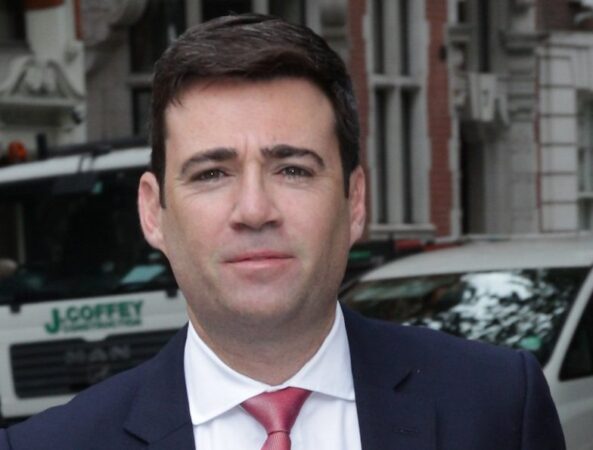
Burnham: “A move back to a centrally controlled railway could weaken regional powers.”
Meanwhile, Mayor of Greater Manchester Andy Burnham said the changes “clearly fall short” of what the Prime Minister promised at the Convention of the North in 2019.
“Northern mayors and leaders led calls for change following the timetable chaos in May 2018 – we said enough was enough, demanded a better rail service here and this is a significant response to that call,” he said.
“While these changes are clearly a sizeable step in the right direction – to notably devolve control of services and stations – we do have concerns that this move back to a centrally controlled railway could weaken the powers of the North over our railway and we are seeking reassurances from the Transport Secretary that this will not be the case.”
In Greater Manchester, greater local control is sought to roll out a London-style public transport system by the end of the decade – one of Burnham’s key pledges in this month’s mayoral election in which he was voted in for a second term.
“I broadly welcome these reforms and believe they could bring some much-needed sense and stability to what has felt in recent times like a chaotic railway,” the mayor added. “Rail privatisation as we have known is over and there won’t be many tears shed in Greater Manchester about that.”


